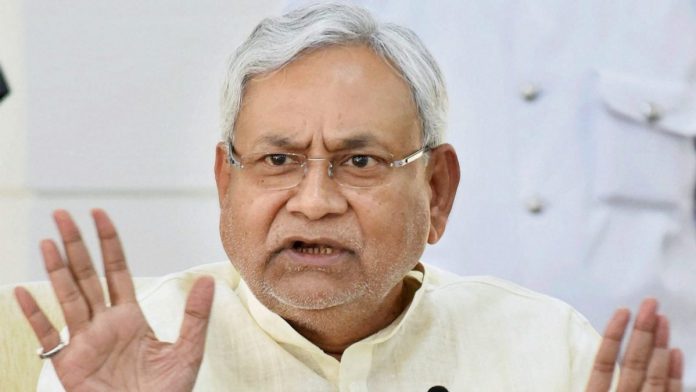Maharashtra and Bihar are two of the largest states in India, and coincidentally, both now have governments different from that which ruled until a short time ago. If a single factor were to be mentioned as having been responsible for the switching over of almost the entire legislature party of the Shiv Sena from Uddhav Thackeray to Eknath Shinde, that would be the politics of dynasty. The founder of the Shiv Sena, Balasaheb Thackeray, enjoyed the loyalty of his flock in such abundance that they fell in line when the Shiv Sena supremo chose his son Uddhav to be his successor as chief of the Sena, although the son was very different from the father. Anyone walking into a room where Balasaheb was present could sense the fire in the man, from the astringent remarks, the cutting wit and the lightning flash of undiluted belief in himself that occasionally was visible through his glasses. Uddhav is known to be gentle, less ruthless perhaps, and different from his father in that he took on the job of Chief Minister while Balasaheb had been content to remain the “remote control”, separated from the panoply of high office. When indicating that Uddhav would be his successor as Numero Uno in the Shiv Sena, did Balasaheb believe that he would follow the example set by his father and remain out of formal office? Given the differences in their personalities, it was probably wise on Uddhav’s part not to entrust the Chief Ministership of Maharashtra to an underling, but to hold the job himself. Once ensconced as CM, the risk would have been high that once in high office, yesterday’s underling may well seek to become today’s equal and tomorrow’s superior. Uddhav making himself the CM was acceptable if not entirely welcome to several Shiv Sena legislators, who would have liked the trappings of office even if drained of some of the power. The discontent probably began when his own son, Aaditya, was chosen by the CM as his successor. The money and power elite (and the two tags usually go together) are different from the rest of us, and Aaditya was very much part of the elite practically from birth. His knowledge and capabilities were clear, but the interests and experiences of Uddhav’s chosen heir were very different from the Sena legislature party, most of whom had been born into very humble surroundings, not excluding Eknath Shinde. Unlike the chemistry within the Congress Party, that from the 1960s onwards saw itself as the fiefdom of the Nehru family, within the Shiv Sena, the concept of dynasty was not embraced in the wholehearted manner that was obvious in the functioning of what had once been India’s natural party of governance. Finally, a revolt took place in the Sena ranks at the prospect of their party eternally being in the control of a single family.
Nitish Kumar doing a repeat of what was done by Narendra Modi and morphing from CM to PM has long been a staple of Lutyens gossip. Given the primacy of Modi within the BJP, there was no way for Nitish Kumar to realise as a BJP ally what the Bihar CM claims has never been his objective, of occupying 7 Lok Kalyan Marg, New Delhi. The only way would be for the JD(U) to quit the NDA and team up with the RJD, secure in the knowledge that Tejashwi Yadav would look at being CM of Bihar first, before entertaining any ideas about becoming the Head of Government in the whole of India. Unlike Yogi Adityanath, who has shown his understanding of the fact that in the 21st century, India cannot be ruled in the way the country was in the 1970s, as Chief Minister, Nitish Kumar has continued with the Nehruvian legacy of preventing the poor from learning English and in forcing through unimplementable measures such as Prohibition. The focus in Bihar is to get government jobs and Central assistance, rather than create a permissive ecosystem for private initiative and to become a net contributor to Central finances rather than be dependent on it. The BJP lavished considerable attention and resources on Bihar, and now Nitish will claim that all that was his doing, aware that the RJD-JDU combine will need to sweep the 2024 Lok Sabha polls
MDN
A tale of two leaders, of dynasty and ambition
इस शब्द का अर्थ जानिये
- Advertisement -

